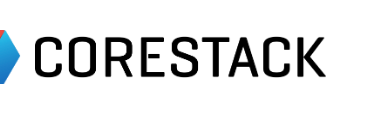A Costly Deception: Facebook Executive’s $4 Million Fraud

In a striking case of corporate fraud, Barbara Furlow-Smiles, a former Facebook executive, has pleaded guilty to embezzling over $4 million from the social media giant. Furlow-Smiles, who was responsible for managing Facebook’s diversity programs, orchestrated a complex scheme involving fictitious business deals in exchange for kickbacks. This scandal underscores the vulnerabilities even large corporations face and the importance of rigorous internal controls and oversight.
The Scheme Unraveled
Furlow-Smiles’ role at Facebook as a diversity program manager placed her in a pivotal position to execute her plan. By fabricating business transactions and linking payment accounts to her personal expenses, she diverted substantial funds for her personal gain. This deception enabled her to fund a lavish lifestyle far beyond the means of her legitimate income.
Corporate Oversight and Ethics
This incident highlights a critical challenge for corporations in preventing internal fraud. Despite robust compliance structures, the ingenuity and audacity of individuals like Furlow-Smiles can sometimes outpace even the most stringent checks and balances. It raises questions about the effectiveness of internal audits and the ethical culture within organizations.
Legal and Corporate Ramifications
The guilty plea marks a significant development in this case, likely leading to severe legal consequences for Furlow-Smiles. For Facebook, this episode is a stark reminder of the risks posed by internal threats and the need for constant vigilance. It also serves as a cautionary tale for other companies about the potential for fraud within their ranks and the importance of fostering an environment where ethical behavior is the norm.
The Furlow-Smiles case is not just about the misappropriation of funds; it’s a narrative about trust, responsibility, and the ethical obligations of individuals in positions of power. As corporations navigate the complexities of modern business, incidents like these serve as crucial lessons in the perpetual battle against corporate fraud.





